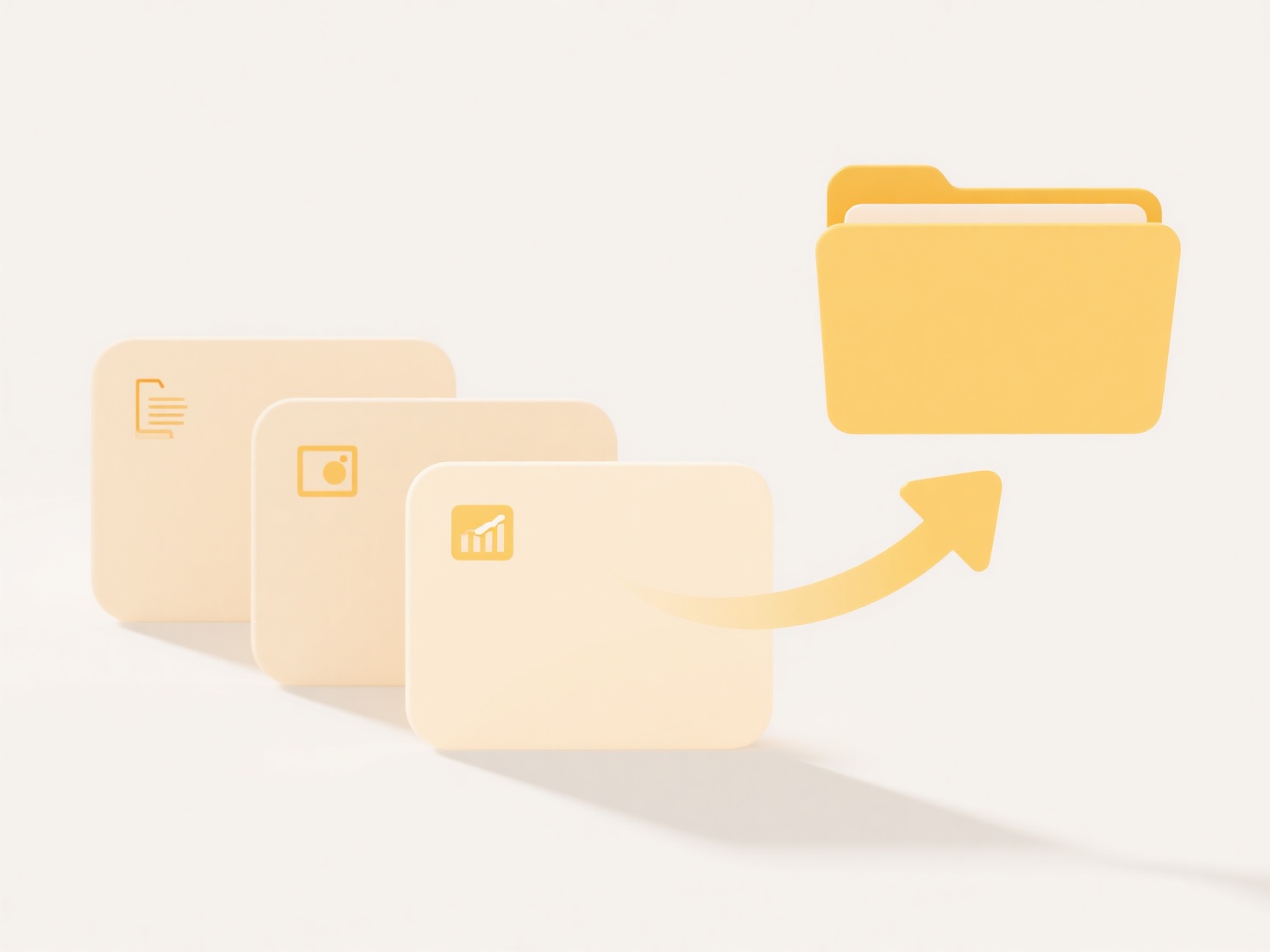
To avoid clutter in cloud storage, focus on maintaining organized and intentional file management. Clutter refers to redundant, obsolete, or trivial files that consume storage space, complicate searches, and incur unnecessary costs. Unlike simple disorganization, clutter actively wastes resources. You prevent it through consistent habits like deleting unneeded items, using descriptive names, and creating logical folder structures.
Common practices include scheduling regular reviews to purge duplicates or outdated documents—like old project drafts or blurry photos. Another tactic is utilizing automated tools; platforms like Google Drive, Dropbox, or OneDrive offer features to identify large files, suggest deletions, or archive inactive content. Freelancers often use this to manage client assets, while teams apply it to shared project drives.

Benefits include reduced storage fees, faster searches, and improved collaboration. However, maintaining discipline requires ongoing effort, and over-aggressive deletion risks losing valuable data. Future tools may leverage AI for smarter auto-sorting. Proactively managing clutter boosts productivity and ensures your cloud storage remains a scalable asset.
How do I avoid clutter in cloud storage?
To avoid clutter in cloud storage, focus on maintaining organized and intentional file management. Clutter refers to redundant, obsolete, or trivial files that consume storage space, complicate searches, and incur unnecessary costs. Unlike simple disorganization, clutter actively wastes resources. You prevent it through consistent habits like deleting unneeded items, using descriptive names, and creating logical folder structures.
Common practices include scheduling regular reviews to purge duplicates or outdated documents—like old project drafts or blurry photos. Another tactic is utilizing automated tools; platforms like Google Drive, Dropbox, or OneDrive offer features to identify large files, suggest deletions, or archive inactive content. Freelancers often use this to manage client assets, while teams apply it to shared project drives.

Benefits include reduced storage fees, faster searches, and improved collaboration. However, maintaining discipline requires ongoing effort, and over-aggressive deletion risks losing valuable data. Future tools may leverage AI for smarter auto-sorting. Proactively managing clutter boosts productivity and ensures your cloud storage remains a scalable asset.
Quick Article Links
How do I manage design iterations or drafts?
Managing design iterations refers to the process of systematically handling different versions or drafts of a design as ...
What is an .mp4 file?
An MP4 file is a widely used digital container format for storing audio and video data, along with subtitles and images....
How do I integrate file access controls with data loss prevention (DLP) tools?
Integrating file access controls with Data Loss Prevention (DLP) tools combines permission-based restrictions (defining ...